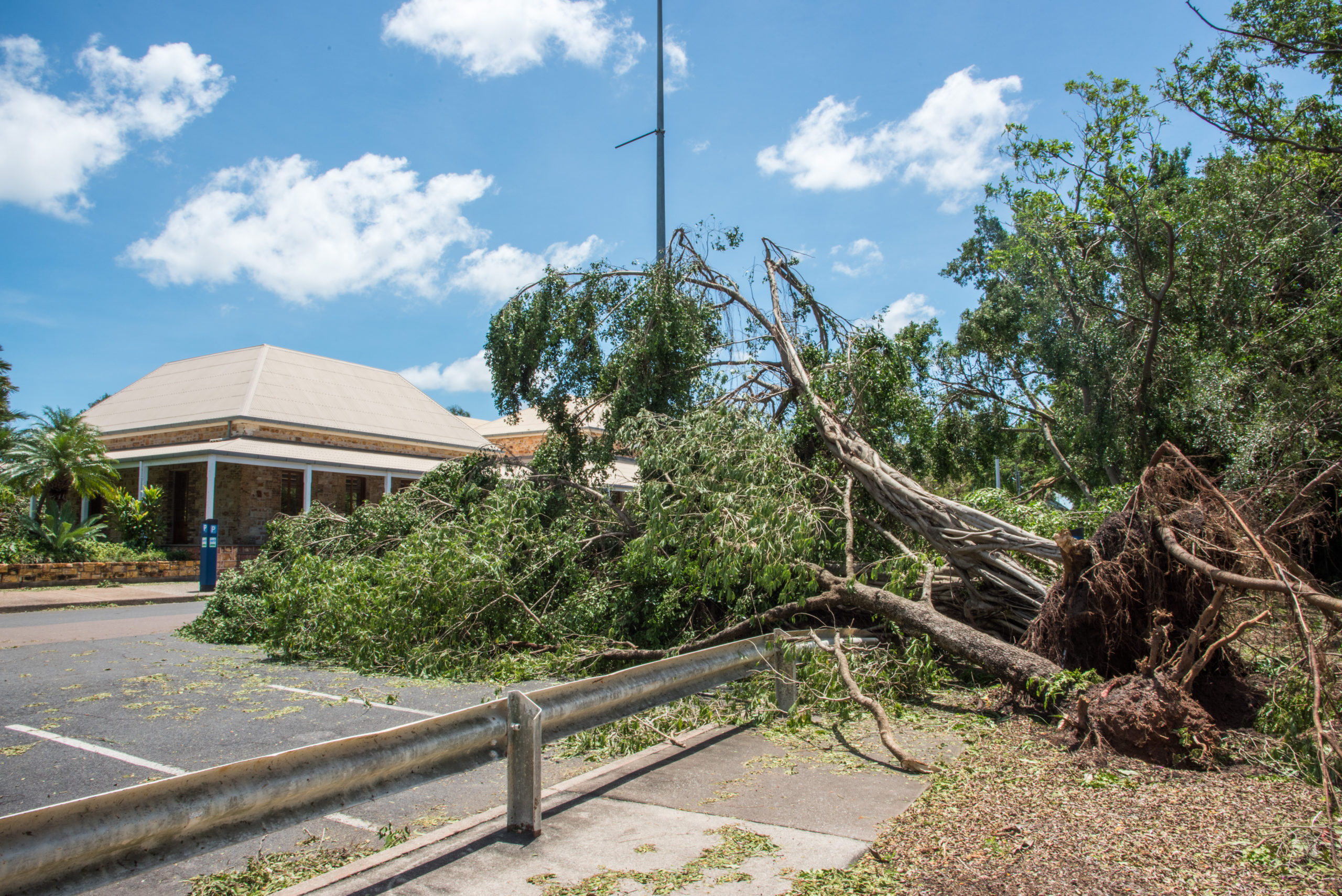Home Flood
Opening Statement: House of Representatives Standing Committee on Economics’ Inquiry into insurers’ responses to 2022 major floods

Monday, 5 February 2024
Thank you Chair and good morning to you and the Committee.
My name is Andrew Hall and I am the CEO of the Insurance Council. I am joined today by the ICA’s Chief Operating Officer Kylie Macfarlane.
We welcome the opportunity to give evidence today and through our submission.
We have appreciated the collaborative approach this Committee and local MPs have taken on this important issue.
I would like to start by apologising on behalf of the insurance industry to those customers whose claims were not handled to the standard our industry strives to achieve during the floods of 2022.
There’s no doubt the floods of 2022 were very challenging, and they tested insurers’ systems, processes and people like never before.
Insurers and their staff worked day and night to meet the needs of their customers, the majority of whom had their claim resolved in a satisfactory way.
But not all systems or processes of insurers passed the test of 2022, and this had very real impacts – impacts that we heard about through the testimony of the legal and financial advice groups last week.
We knew as we worked through the multiple issues that come out of 2022 that there was more to learn and understand about how we responded to this unprecedented year of floods, dominated by the massive event known as Cat 221.
That led insurers to commission an independent review of our own performance by Deloitte, who had access to insurer data, input from consumer groups, legal aid, impacted customers with good and bad experiences, regulators, AFCA and cases provided by local MPs.
In October Deloitte published The New Benchmark for Catastrophe Preparedness in Australia and the committee has been provided with this report and is reviewing the work through Treasury.
That report found that claims processes were tested at a scale never seen before and even the most comprehensive internal catastrophe plans were exceeded as a range of factors collided to impact the sector and ‘normal’ cat recovery conditions.
Issues were exposed in insurers’ claims and complaint handling responses, timely communications, better identifying of vulnerability, resourcing internally and externally, processes and technology, and governance.
The report recommended seven areas for action by the industry to improve responses to future events.
The industry has accepted all seven recommendations – noting that insurers are incorporating the recommendations in a way that’s appropriate for each business.
Work is well underway to better prepare for and respond to extreme weather events and the ICA is committed to commissioning an independent review of implementation progress by the eight insurers in the second half of this year.
The report also laid out the external factors that made responding to Cat 221 particularly challenging – factors that we need to now assume will remain a risk for the foreseeable future in Australia.
These included a historically tight labour market for skilled workers, unprecedented building materials constraints, a lack of rental or new and used cars, and a critical shortage of short-term accommodation.
It is no secret that as we emerged from Covid insurers were struggling to fill the vacancies we have had, and we are constantly looking at all options to find the skilled staff required to help customers and manage claims.
The work force surged by 2200 people during 2022.
This is currently being put to the test in Queensland following the December and January events there.
I have just visited the impacted regions of southeast and far north Queensland, where the ICA has completed the first in a series of community forums and town halls.
Assessors are moving at pace, and resources are being deployed from other parts of the country to get work done.
This is important not just for insurance customers, but because a well-functioning insurance market is vital to support our community.
Because as you heard from APRA last week, the model that underpins the home and contents market is under significant pressure.
Since the Black Summer Bushfires of 2019-20 insurers have paid out $16 billion in claims from 13 declared insurance catastrophes or significant events.
Almost $7.5 billion of that was incurred through the 2022 floods this Inquiry is examining, $6.1 billion of which was caused by just one event: Cat 221.
Wherever you live in Australia – whether you’re directly exposed to extreme weather impacts or not – premiums are rising because of the escalating costs of natural disasters, the growing value of our assets, inflation driving up building and vehicle repair costs, and the increasing cost of capital for insurers.
These pressures are not unique to Australia – they are being felt around the world, including in markets with similar risks such as Canada and California.
Demand for insurance is outstripping supply and these pressures are creating a growing protection gap – the gap between the cost of recovering from an unexpected event and the insurance that’s in place to cover that event.
Closing the protection gap is in everyone’s interest.
This is a complex issue that can only be addressed by the combined efforts of all three levels of government and the insurance industry, working together to reduce risk and so moderate upward pressures on premiums.
The most immediate option to improve insurance affordability would be the abolition of $6 billion dollars of annual state taxes on insurance, which are the second largest components of home premiums after pricing of flood risk.
We commend the New South Wales and Tasmanian governments for recently moving to abolish the additional fire and emergency services levies on insurance in those states.
There are around 230,000 properties in Australia that face a 5 per cent risk of a flood each year and because of this, flood insurance is largely unaffordable for these homes and businesses.
The ICA has long advocated for policy solutions to reduce risk in Australia, particularly for flood, including improved land use planning, better building standards, and investment in community mitigation infrastructure and household-level risk mitigation.
The ICA strongly supports the agreement of National Cabinet in December 2022 that “the days of developing on floodplains need to end”.
Moving from this agreement to specific policies and clear direction is now a matter of urgency and requires significant effort.
We were pleased with the establishment of the Hazards Insurance Partnership with the Federal Government, but further partnerships between insurers and Government will be vital to solving these problems.
Following the Hayne Royal Commission there are now extensive and rigorous regulations in place to govern insurers’ operations in Australia, supplemented by the General Insurance Code of Practice.
The Code sets out the best practice standards that general insurers must meet when interacting with customers – and adherence to the Code is mandatory for ICA members who represent around 90 per cent of the Australian general insurance market.
The next independent review of the Code has commenced, and the Terms of Reference ask the Review panel – which is headed by respected former APRA regulator Helen Rowell – to take account of the findings of both the Deloitte review and this Inquiry.
I want to conclude by reiterating that the insurance industry acknowledges there were failures that impacted policyholders during the extreme 2022 floods and again apologise on behalf of the industry to those customers we let down.
Insurers have already implemented changes as a result of the lessons learned from the 2022 floods and they will be able to talk to these as they relate to their business when they appear.
There is a strong cultural commitment across the senior leadership of the industry to support customers when extreme weather strikes and continually improve our response.
Australian insurers seek to be at the global forefront of extreme weather responsiveness, while balancing a sustainable, competitive and affordable product that all Australians can benefit from.
We are happy to take any questions the Committee may have.













